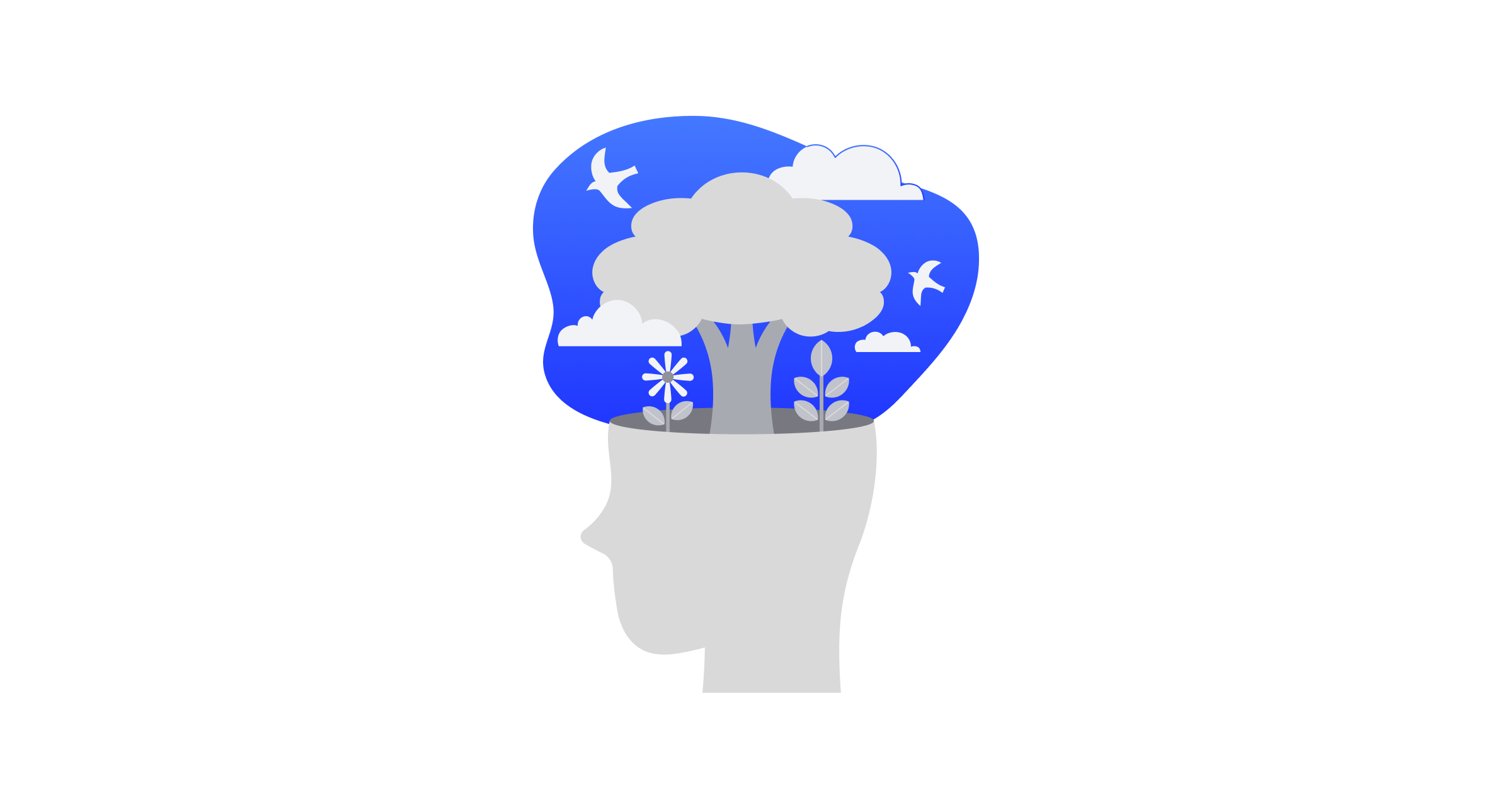Mental Health Awareness Month, observed every May, is a pivotal opportunity for organizations to champion well-being, reduce stigma, and foster a supportive culture. With 1 in 5 U.S. adults experiencing mental illness each year, and 1 in 6 youth affected, prioritizing mental health in the workplace is more vital than ever.
Proactive planning for Mental Health Awareness Month not only demonstrates care for employees but also drives engagement, resilience, and loyalty across your organization.
The workplace is a critical setting for mental health advocacy, as stress, burnout, and isolation can significantly impact performance and morale.
By crafting thoughtful wellness initiatives, businesses can normalize conversations, provide essential resources, and empower both individuals and teams to thrive. This guide offers actionable strategies to help your organization make a meaningful impact this May and beyond.
Who Is This For?
- HR professionals building inclusive wellness programs to reduce burnout and turnover
- Marketers integrating mental health messaging into campaigns to foster authenticity and brand trust
- Business owners wanting to build a culture of well-being to drive retention and productivity
- Small business owners looking to implement cost-effective, high-impact wellness initiatives for their teams
Why Mental Health Awareness Month Matters
Mental Health Awareness Month, founded by Mental Health America in 1949, aims to educate, reduce stigma, and promote support for those affected by mental health conditions. This annual observance encourages open dialogue, early intervention, and access to resources, helping to create a more compassionate and resilient workplace.
The statistics are clear: only half of U.S. youth with a mental health condition receive treatment, and 22% of high school students have seriously considered suicide.
By actively participating in Mental Health Awareness Month, organizations can help close these gaps, encourage help-seeking, and foster a culture of empathy and support.
Building a Foundation: Policies, Culture, and Leadership
A successful Mental Health Awareness Month starts with a strong foundation:
- Review and update policies: Offer flexible work optionsmental health days, and access to confidential counseling services.
- Offer regular check-ins and anonymous wellness surveys: Gauge employee well-being and identify needs.
- Train managers: Recognize signs of stress and respond empathetically to build trust and transparency.
- Model vulnerability and support: Train leaders to create a safe space for open conversations.
- Develop peer support networks or employee resource groups: Foster ongoing connection and support.
Research shows companies that implement structured wellness initiatives see a 25% reduction in absenteeism and a 21% boost in profitability, proving that mental health support isn’t just ethical, it’s strategic.
Engaging Wellness Activities for Mental Health Awareness Month
1. Digital Rewards for Participation
Incentivize engagement with digital gift cards, wellness app credits, or donation matches. For example:
- Award $25 e-gift cards for completing workshops or challenges.
- Offer points redeemable for meditation app subscriptions or fitness trackers.
2. Interactive Mental Health Challenges
- Guided meditation sessions: Reduce stress and improve focus with live or virtual mindfulness exercises
- Gratitude journaling: Encourage employees to write down three things they’re thankful for each day, fostering positivity
- Outdoor wellness activities: Organize group hikes, gardening, or walking meetings to promote relaxation and connection with nature
- Music therapy: Offer music listening or interactive sessions to help reduce anxiety and improve mood
- Wellness challenges: Launch friendly competitions around self-care, exercise, or acts of kindness, with digital rewards for participation
3. Workshops & Peer Support
- Mental health workshops: Host sessions on topics like stress management, resilience, and mindfulness, led by professionals or trained staff
- Launch employee resource groups (ERGs) for shared experiences: Salesforce report found that 79% of employees said ERGs strengthen employee well-being and mental health, and 91% said ERGs boost company culture.
Ready to empower your team this Mental Health Awareness Month?

Book a demo or create a free account and discover how Toasty can help you motivate participation, recognize progress, and build a culture of well-being.
Communication, Education, and Reducing Stigma
Open communication and education are key to normalizing mental health conversations:
- Share personal stories or testimonials to humanize mental health and encourage help-seeking
- Provide educational content about common mental health conditions, symptoms, and treatments
- Run targeted social media or internal campaigns with positive, authentic messaging
- Offer resources for self-care, stress management, and where to find professional help
- Encourage managers and peers to check in regularly and offer support
Measuring Impact and Continuous Improvement
Track key metrics to ensure your initiatives are effective:
- Conduct anonymous wellness surveys before and after Mental Health Awareness Month
- Track participation rates in activities and workshops
- Collect feedback to understand what resonated and where improvements are needed
- Adjust future wellness programming based on data and employee input
According to the World Health Organization, every $1 invested in mental health treatment yields a $4 return in improved health and productivity.
Key Takeaways
- Early planning for Mental Health Awareness Month drives engagement and lasting impact.
- Flexible policies, mental health days, and leadership training lay the groundwork for a supportive culture.
- Guided meditation, gratitude journaling, outdoor activities, and workshops are proven ways to boost well-being
- Open communication and education reduce stigma and encourage help-seeking.
- Measuring participation and gathering feedback ensures continuous improvement.
- Digital rewards and recognition can motivate involvement in wellness initiatives.
- A culture of mental health support benefits both employees and organizational performance.
FAQs
When is Mental Health Awareness Month?
May, observed annually since 1949 to promote mental health education and support.
What are easy wellness activities for remote teams?
Virtual meditation, gratitude journaling, online workshops, and digital wellness challenges work well for distributed teams.
How can small businesses afford mental health initiatives?
Focus on low-cost activities like peer support groups, flexible scheduling, and digital resources for self-care.
What’s the best way to reduce stigma?
Share real stories, encourage open dialogue, and provide ongoing education and support.


